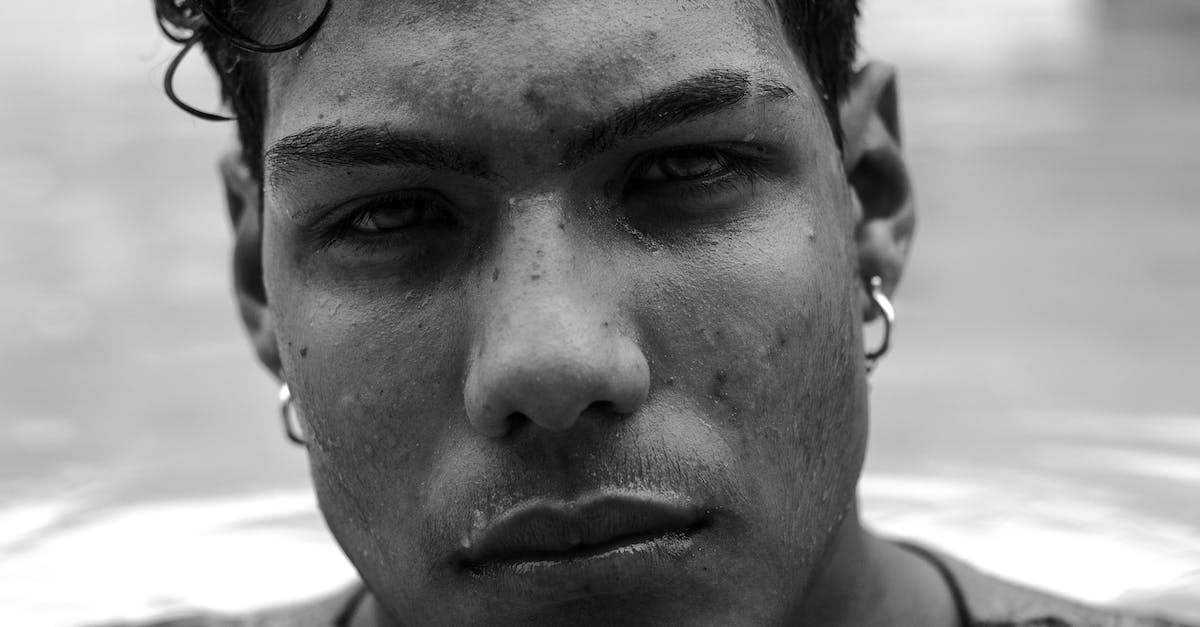The scalp is the foundation of good hair health, so it's important to keep it in tip-top shape. Unfortunately, many people suffer from scalp conditions that can cause irritation, flakiness, and even hair loss. If you're struggling with a less-than-healthy scalp, don't despair there are several things you can do to heal your scalp and get your hair back on track.
The Basics of a Healthy Scalp
Before we dive into how to heal an unhealthy scalp, let's briefly touch on what a healthy scalp looks like. A healthy scalp is:
- clean free of dirt, oil, and product buildup
- moisturized not dry or oily
- flakes free of dead skin cells
- breathing with pores that are open and not clogged
Common Scalp Conditions
Now that we know what a healthy scalp looks like, let's take a look at some of the most common scalp conditions that can lead to hair problems. These include:
- Dandruff: This is the most common scalp condition, and it's characterized by flaky skin on the scalp. It can be caused by anything from dryness to an overgrowth of yeast on the skin. While dandruff itself isn't harmful, it can be embarrassing and tough to get rid of.
- Seborrheic Dermatitis: This is a more severe form of dandruff that is characterized by red, inflamed skin in addition to flakiness. It can be caused by a number of things, including hormone imbalances, stress, and even certain medications.
- Psoriasis: This is a chronic condition that causes dead skin cells to build up on the surface of the scalp. It can be painful and itchy, and it can even lead to temporary hair loss.
-
Dandruff: The best way to treat dandruff is with an over-the-counter anti-dandruff shampoo. Look for one that contains zinc pyrithione or selenium sulfide. Use it twice a week at first, then gradually increase to daily use if needed.
You can also try using a medicated dandruff shampoo containing ketoconazole or selenium sulfide.
If your dandruff persists despite using anti-dandruff shampoo, make an appointment with your dermatologist. - Seborrheic Dermatitis:
- Topical Medication: There are a number of different topical medications that can help to treat psoriasis. These include corticosteroids, Vitamin D analogues, retinoids, coal tar products, calcineurin inhibitors, and others. Your dermatologist will help you choose the right medication for you.
-
Light Therapy : This treatment involves exposing the skin to ultraviolet light. It can be done in a doctor's office or at home with a special device.
Oral Medications : These include drugs like methotrexate, acitretin, cyclosporine, and others. They can help to reduce inflammation and slow down cell turnover.
Biologic Medications : These are newer drugs that work by targeting specific parts of the immune system. They include adalimumab (Humira), etanercept (Enbrel), infliximab (Remicade), ustekinumab (Stelara), secukinumab (Cosentyx), ixekizumab (Taltz), brodalumab (Siliq), and guselkumab (Tremfya).
How to Heal an Unhealthy Scalp
There are a few different ways to heal an unhealthy scalp. Which method you use will depend on the specific condition you're dealing with.
Corticosteroid Cream:
This cream helps to reduce inflammation and is available by prescription only.
Anti-Yeast Shampoo:
This shampoo contains ketoconazole or selenium sulfide and helps to kill yeast.
If these treatments don't work, your dermatologist may prescribe oral medication.




